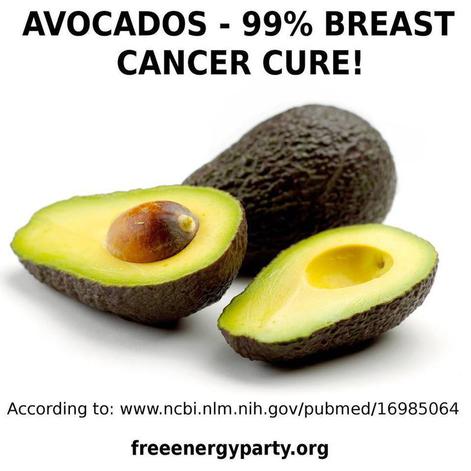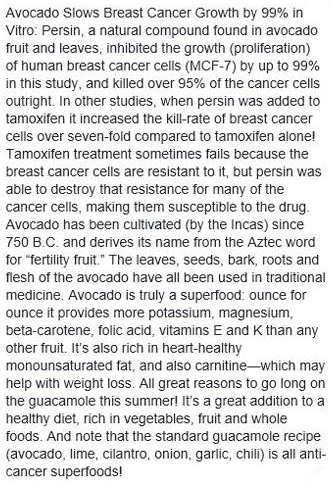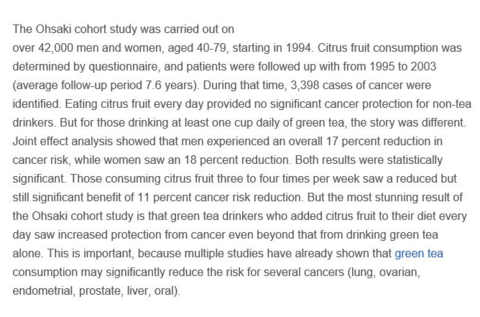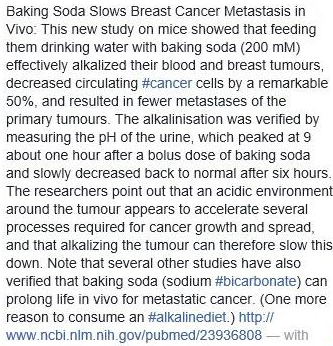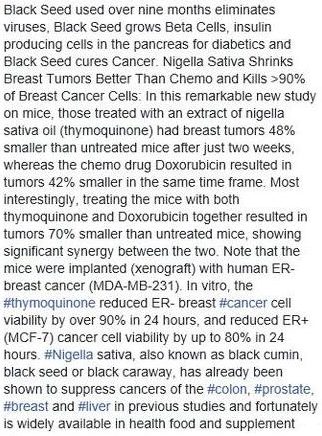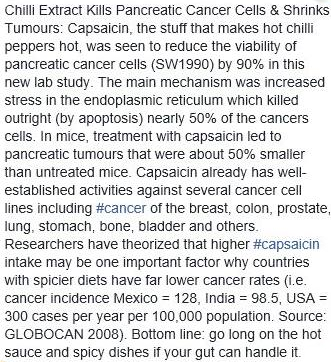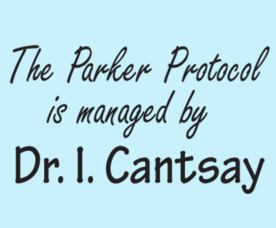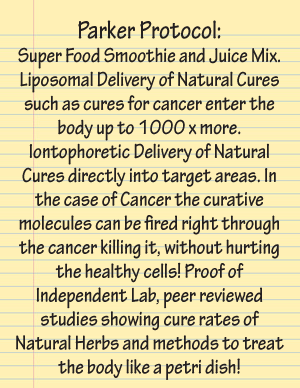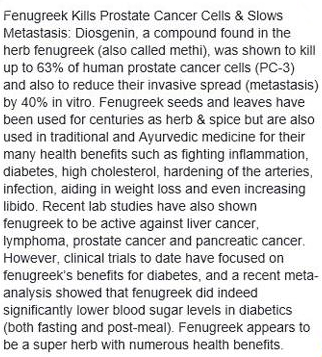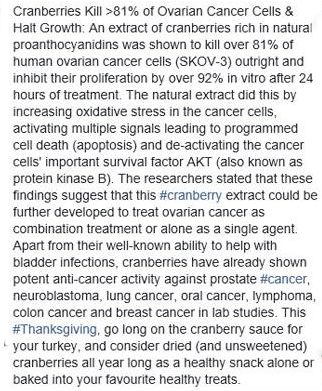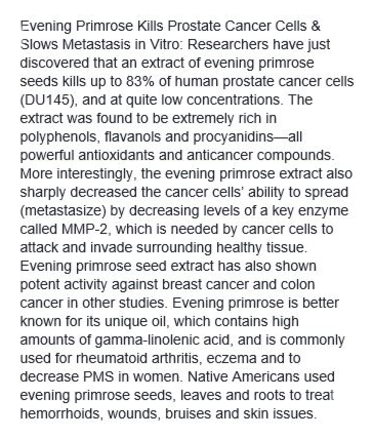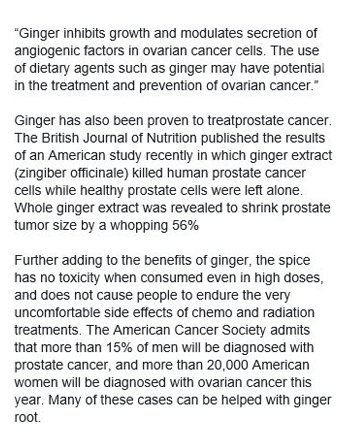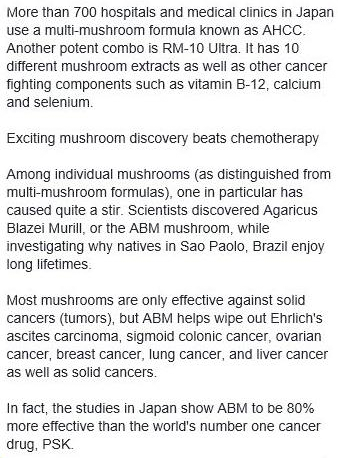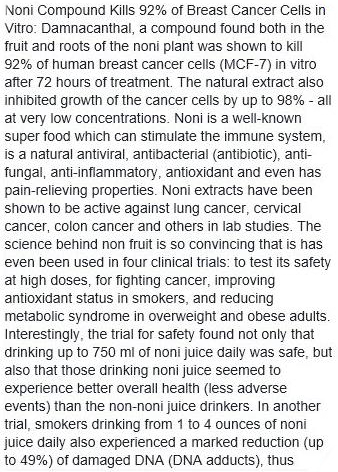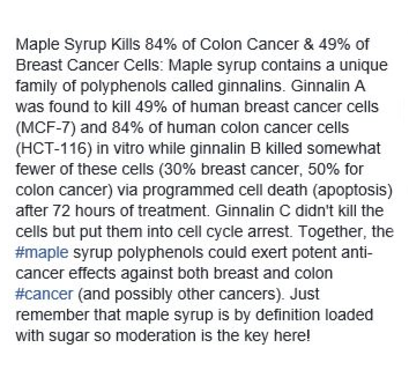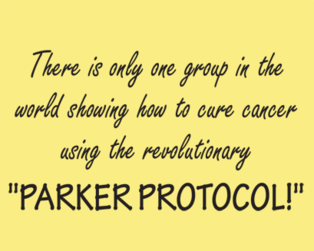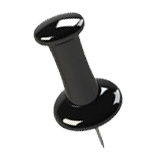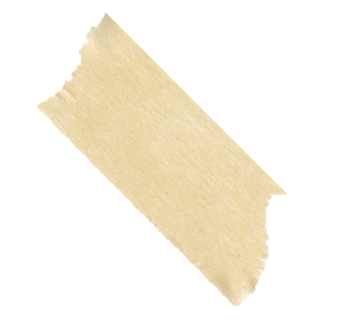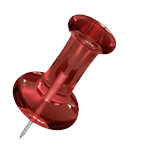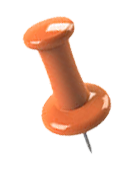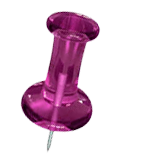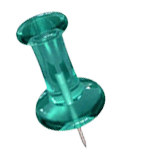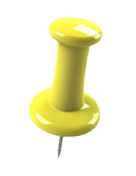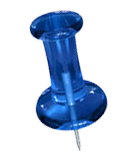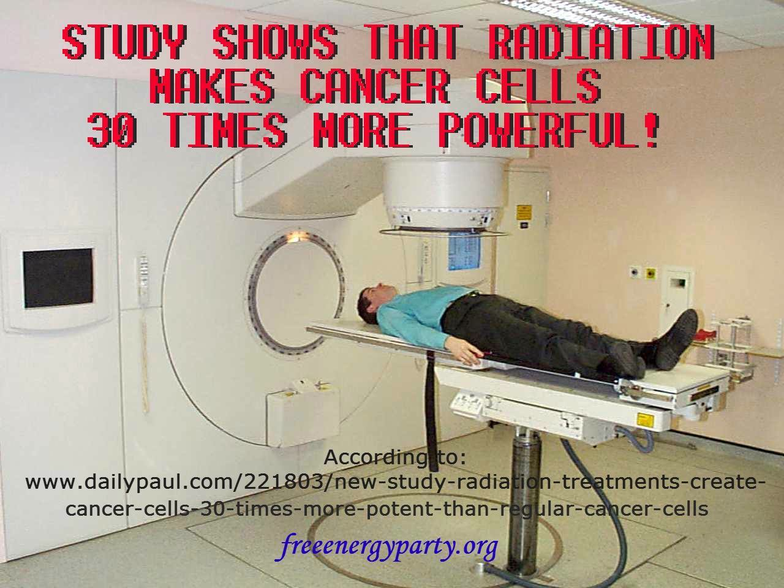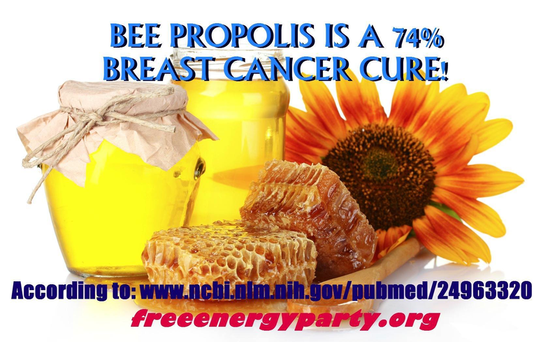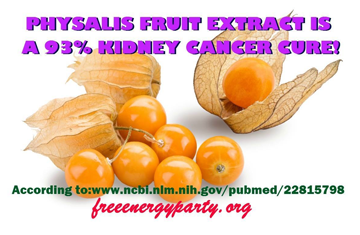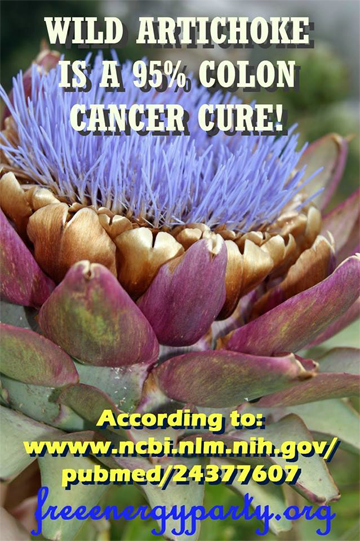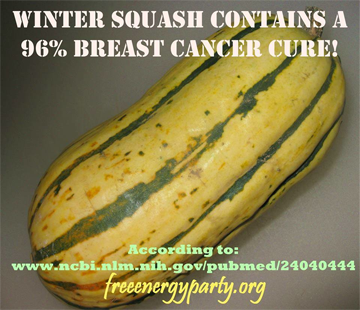Interested in learning more?
Double click here to add text.Since 1974 studies have shown that cannabis has anti-tumor effects. The results of the 1974 study, reported in an Aug. 18, 1974, Washington Post newspaper feature, were that cannabis’s component,THC, “slowed the growth of lung cancers, breast cancers and a virus-induced leukemia in laboratory mice, and prolonged their lives by as much as 36 percent.” In 1975 an article in the Journal of the National cancer institute titled “Antineoplastic Activity of Cannabinoids,” they reported that “Lewis lung adenocarcinoma growth was retarded by the oral administration of tetrahydrocannabinol (THC) and cannabinol (CBD). Mice treated for 20 consecutive days with THC and CBD had reduced primary tumor size.”
Double click here to add text.Anthocyanin from purple sweet potato (PSP) extracted by microwave baking (MB) and acidified electrolyzed water (AEW) exhibited antioxidant activity. After further purification by macroporous AB-8 resin, the color value of PSP anthocyanin (PSPA) reached 30.15 with a total flavonoid concentration of 932.5 mg/g. The purified extracts had more potent antioxidant activities than the crude extracts. After continuously administering the PSP extracts to 12-mo-old mice for 1 mo, the anti-aging index of the experimental group was not significantly different from that of 5-mo-old mice. To a certain degree, PSPA was also effective for controlling plasma glucose levels in male Streptozocin (STZ)-treated diabetic mice. In addition, the extracts inhibited Sarcoma S180 cell growth in ICR mice. Mice consuming the PSP extracts formed significantly fewer and smaller sarcomas than mice consuming the control diets.
Double click here to add text.Anthocyanin from purple sweet potato (PSP) extracted by microwave baking (MB) and acidified electrolyzed water (AEW) exhibited antioxidant activity. After further purification by macroporous AB-8 resin, the color value of PSP anthocyanin (PSPA) reached 30.15 with a total flavonoid concentration of 932.5 mg/g. The purified extracts had more potent antioxidant activities than the crude extracts. After continuously administering the PSP extracts to 12-mo-old mice for 1 mo, the anti-aging index of the experimental group was not significantly different from that of 5-mo-old mice. To a certain degree, PSPA was also effective for controlling plasma glucose levels in male Streptozocin (STZ)-treated diabetic mice. In addition, the extracts inhibited Sarcoma S180 cell growth in ICR mice. Mice consuming the PSP extracts formed significantly fewer and smaller sarcomas than mice consuming the control diets.
Rice is a staple diet in Asia, where the incidence of breast and colon cancer is markedly below that in the Western world. We investigated potential colon and breast tumor-suppressive properties of rice, testing the hypothesis that rice contains phenols that interfere with the proliferation or colony-forming ability of breast or colon cells. Brown rice, its white milled counterpart, and bran from brown rice were boiled and extracted with ethyl acetate. The extracts were analyzed by high pressure liquid chromatography-mass spectrometry. Eight phenols, protocatechuic acid, p-coumaric acid, caffeic acid, ferulic acid, sinapic acid, vanillic acid, methoxycinnamic acid, and tricin, were identified in the extracts of bran and intact brown rice. These extracts were separated into nine fractions by column chromatography. The effect of bran extract and its fractions at 100 microg/ml on cell viability and colony-forming ability of human-derived breast and colon cell lines was assessed.
Double click here to add text.Anthocyanin from purple sweet potato (PSP) extracted by microwave baking (MB) and acidified electrolyzed water (AEW) exhibited antioxidant activity. After further purification by macroporous AB-8 resin, the color value of PSP anthocyanin (PSPA) reached 30.15 with a total flavonoid concentration of 932.5 mg/g. The purified extracts had more potent antioxidant activities than the crude extracts. After continuously administering the PSP extracts to 12-mo-old mice for 1 mo, the anti-aging index of the experimental group was not significantly different from that of 5-mo-old mice. To a certain degree, PSPA was also effective for controlling plasma glucose levels in male Streptozocin (STZ)-treated diabetic mice. In addition, the extracts inhibited Sarcoma S180 cell growth in ICR mice. Mice consuming the PSP extracts formed significantly fewer and smaller sarcomas than mice consuming the control diets.
Published in the well-respected Cancer journal, a study conducted at the UCLA Jonsson Comprehensive Cancer Center (UJCCC) describes how radiation treatments actually promote malignancy in cancer cells instead of eradication. More than 200,000 women a year develop breast cancer in the U.S. and at least 2000 men do as well. While Susan G. Komen and other breast cancer related non-profit organizations struggle to keep afloat, we can wonder why simple studies like this one.
A malignant disease is one which is virulent, invasive and uncontrollable. It can even become deadly. It is the opposite of curable. In contrast, there are a number of natural treatments coming to light in reference to breast cancers, specifically, which don’t’ require expensive radiation treatments and certainly do not cause cancer cells to go rogue and grow uncontrollably. Raw, vegan diets and herbal remedies like Turmeric and Black Cohosh are examples of simple solutions.
Chinese propolis has been reported to possess various biological activities such as antitumor. In present study, anticancer activity of ethanol extract of Chinese propolis (EECP) at 25, 50, 100, and 200 μ g/mL was explored by testing the cytotoxicity in MCF-7 (human breast cancer ER(+)) and MDA-MB-231 (human breast cancer ER(-)) cells. EECP revealed a dose- and time-dependent cytotoxic effect. Furthermore, annexin A7 (ANXA7), p53, nuclear factor- κ B p65 (NF- κ B p65), reactive oxygen species (ROS) levels, and mitochondrial membrane potential were investigated. Our data indicated that treatment of EECP for 24 and 48 h induced both cells apoptosis obviously. Exposure to EECP significantly increased ANXA7 expression and ROS level, and NF- κ B p65 level and mitochondrial membrane potential were depressed by EECP dramatically.
Physalis Fruit Extract Kills 93% of Kidney Cancer Cells In Vitro: An extract of the #physalis fruit (physalis angulate L., found mainly in tropical regions) potently reduced the viability of three different types of human #kidney #cancer cells (A498, ACHN, UO-31) from 89% to 93% after 48 hours of treatment. Cancer cell growth rate was reduced by up to 80% and the rate of cell death was increased by up to 1400%. The extract was shown to generate high levels of damaging free radicals - but only in cancer cells, which triggered cell death. Importantly, vitamin C and N-acetyl cysteine were found to protect the cancer cells from being killed by this extract.
WILD ARTICHOKE KILLS >95% OF COLON CANCER CELLS IN VITRO!
The extracts of two different species of artichoke were shown to induce programmed cell death (apoptosis) in >95% of colon cancer cells (DLD1) after just 24 hours of treatment and at doses as small as 250 micrograms per ml. One type of artichoke (C cardunculus) was purchased at a local market in Turkey, while the other (Cynara syriaca) grows wild in Turkey and was collected from the Donberi plateau. Artichokes contain multiple potent anti-cancer compounds and have already been shown to inhibit leukemia, kidney cancer, liver cancer, melanoma and others in lab studies. Artichokes also contain natural anti-inflammatory, anti-fungal and powerful antioxidant compounds. And if you can't find wild artichokes, the normal Jerusalem #artichokes in your produce aisle are fine too: studies have shown they are also active against breast #cancer and liver cancer.
WINTER SQUASH INHIBITS BREAST CANCER BY 96% IN VITRO!
Cucurbitacin, a triterpene found in winter squash varieties, was shown to inhibit the growth of human ER- breast #cancer cells (MDA-MB-231) by 96% after 72 hours of treatment compared to non-treated cell cultures. Cucurbitacin increased the rate of programmed cell death by up to 400% and strongly sensitized the cancer cells to the effects of the chemo drug cisplatin. Does this lab study have any backing from real world data? Yes. A recent study from the USA on over 75,000 women found that those eating 2 servings of winter squash weekly had 30% less risk of postmenopausal ER- breast cancer (which bordered on statistical significance). This result was impressive because the study looked at the women's consumption of 17 different vegetables and winter squash was the only one - by a wide margin - to provide meaningful protection as a single agent, which suggests that for American women, winter squash could be a "super food" against breast cancer.
